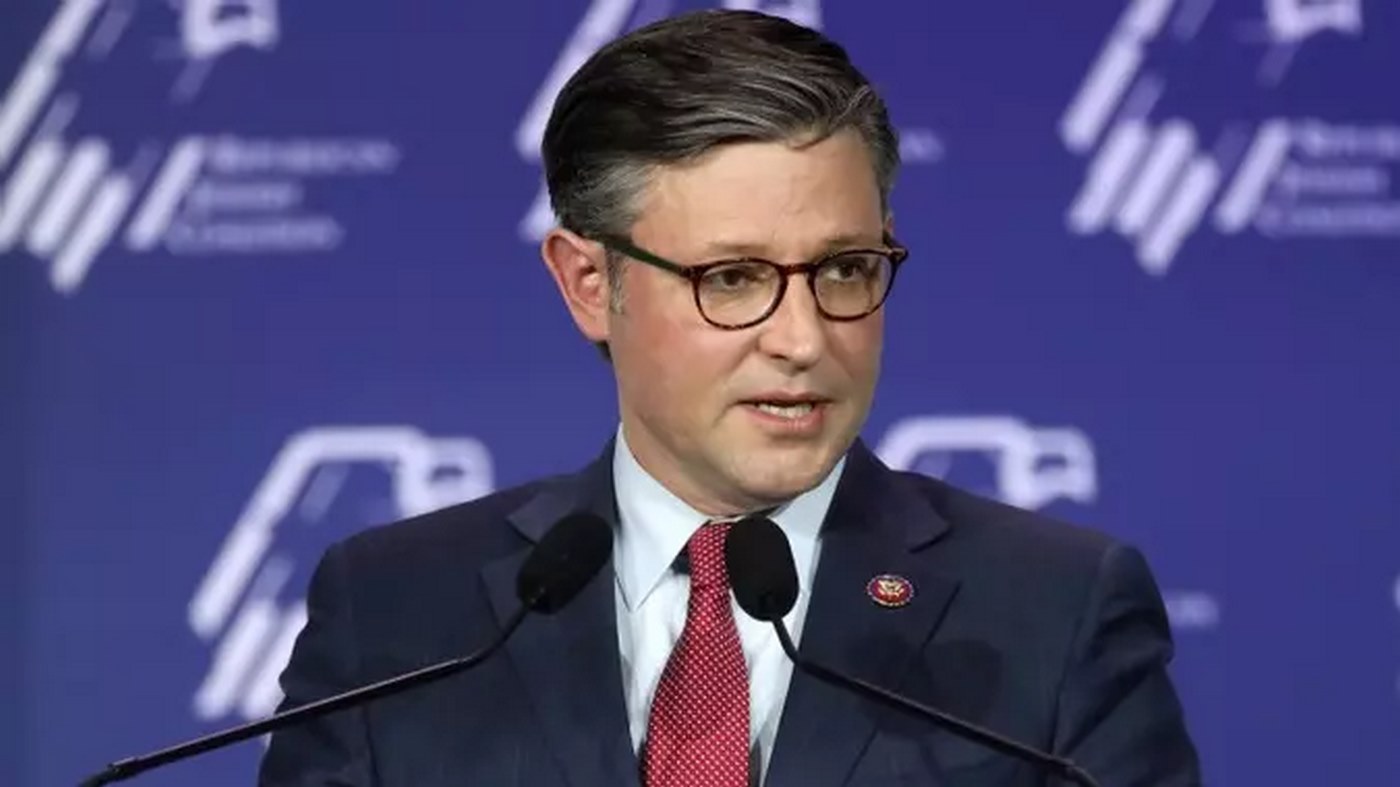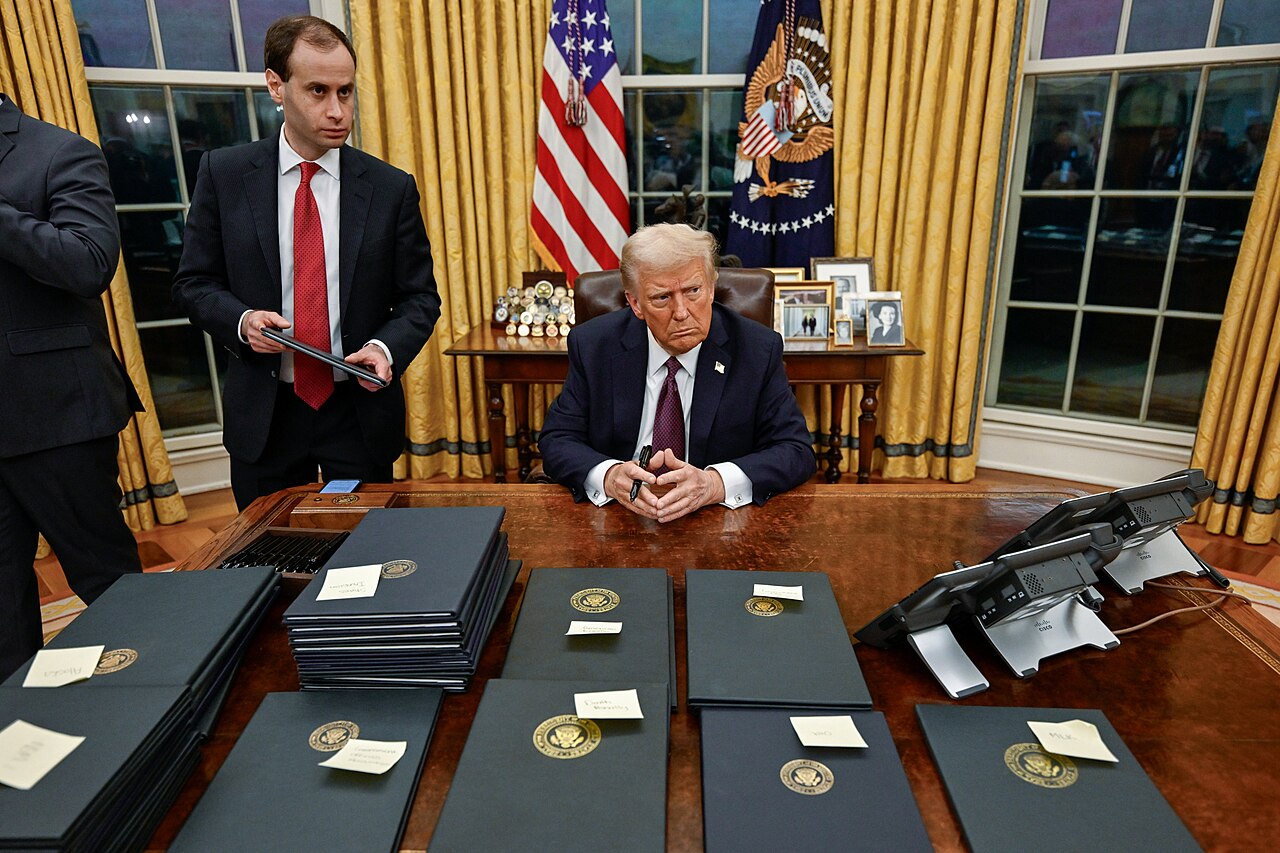End of the Empire is a once-monthly feature on all news relating to the transition from the unipolar world of the US Empire to a multipolar world.
The US House of Representatives just passed a set of foreign financing bills totaling $94 billion. Included are the authorization to seize Russian assets for transfer to Ukraine, and authorizing the TikTok ban agreed upon in the Senate earlier in the month.
Together, along with the recently announced tripling of existing tariffs on Chinese steel and aluminum, they are a message that no foreign investment is safe within the US. The Congress will deem it a national security threat; force divestiture or conduct seizures, and in the case of Russia: outright theft.
The extremity of Russia’s illegal actions under international law in Ukraine, Congress writes, justifies “the establishment of a legal authority for the United States Government and other countries to confiscate Russian sovereign assets in their respective jurisdictions,” and that “the United States should work with international allies and partners on the repurposing of Russian sovereign assets”.
The bill gives the President the authority to “seize, confiscate, transfer, or vest any Russian aggressor state sovereign assets, in whole or in part, and including any interest or interests in such assets, subject to the jurisdiction of the United States for the purpose of transferring those funds to the Ukraine Support Fund”.
The mass confiscation, which in the US may only amount to between $4 and $5 billion, but which could amount to as much as $300 billion if all of the United States’ allies follow suit, was denounced sharply by the Kremlin, with spokesman Dimitry Peskov saying “if this is really the case, then America will have to answer for it,” but also among opposition parties in the State Duma or camera legislature.
“The United States has passed the point of no return from the unipolar reality that the American establishment wants to preserve,” wrote Just Russia socialist party leader Sergey Mironov. “Secondly, the United States began to allow itself things that were not allowed even during the Cold War, having lost touch with reality… the already shaky trust in the American financial system will be irretrievably undermined”.
The same legislative session sees a formalized bill that would ban the Chinese-owned video-sharing platform TikTok unless its parent company, ByteDance, divests its foreign ownership stakes.
China Daily, owned and run by the Chinese Communist Party, called the motion “sinophobic” and “McCarthyist,” referring to the Senatorial investigations into communist infiltration in the American government in the 1940s and 50s. The bill would deal a heavy blow to Sino-US relations, wrote the Daily, endorsing a comment by Tesla CEO Elon Musk saying it was contrary to freedom of speech.
“It becomes apparent that whenever a non-American entity poses a threat to US dominance in a particular sector, the government tends to intervene, politicize the issue, and rewrite the rules of engagement,” wrote special commentator David Gosset, the founder of the China-Europe-America Global Initiative, in an op-ed for the Daily.
Altogether the movements, along with many others before them, serve to inform the multipolar world that nothing left in America is safe, a lesson which national governments ought to learn sooner rather than later.
Devesting
In other news, a pair of standard announcements from both the Federal Reserve and Beijing saw Fed Chairman Powell say that any potential interest rate cuts would for the moment be unlikely, while Beijing responded with a routine decision to offload another $22.7 billion in US Treasury bonds.
Apart from small pullbacks, Beijing’s decision meant that holdings of US debt in China fell to a 14-year low of $775 billion, awfully close to the second-highest holder of US debt in the United Kingdom.
According to Alicia Garcia-Herrero, chief economist for Asia-Pacific at Natixis, further sell-offs of US debt are likely, even though Treasury Sect. Janet Yellen recently traveled to China to raise the “issue” of sell-offs. Beijing, Garcia-Herrero says, is looking to cement the fact that dumping Treasury debt is a real policy as China looks to navigate market conditions, not to mention avoid funding the economic warfare being conducted against them through steel and TikTok.
Gold, which Beijing has been buying in large amounts, outperformed all local assets during Q1 this year. In 2023, the People’s Bank of China, but 225 tonnes more than any other central bank. It has continued this buying every month this year.
“Beijing is concerned about the impending rate reductions in the US, which will affect returns,” Zhao Xijun, a finance professor at Renmin University in Beijing, told South China Morning Post. WaL
PICTURED ABOVE: Mike Johson (R – LO) before he became Speaker of the House. PC: Gage Skidmore CC BY-2.0



